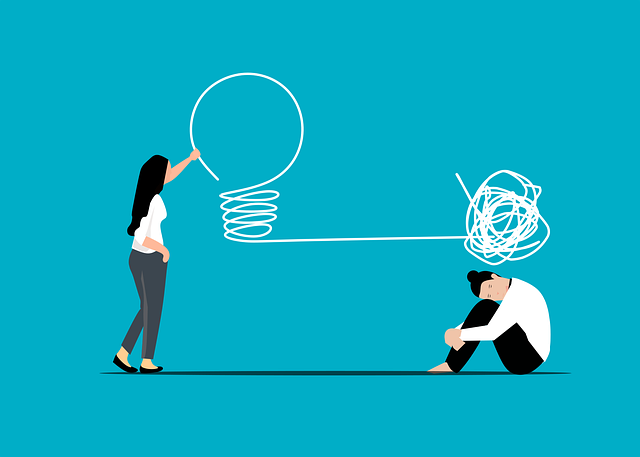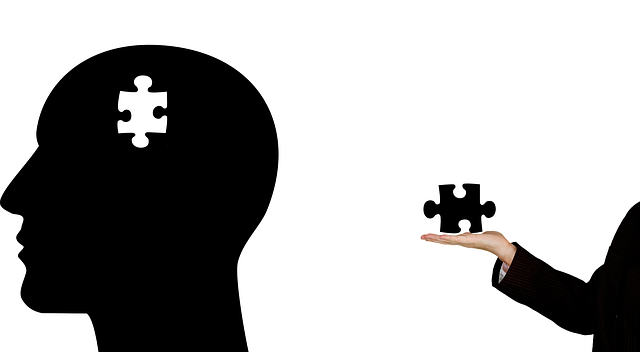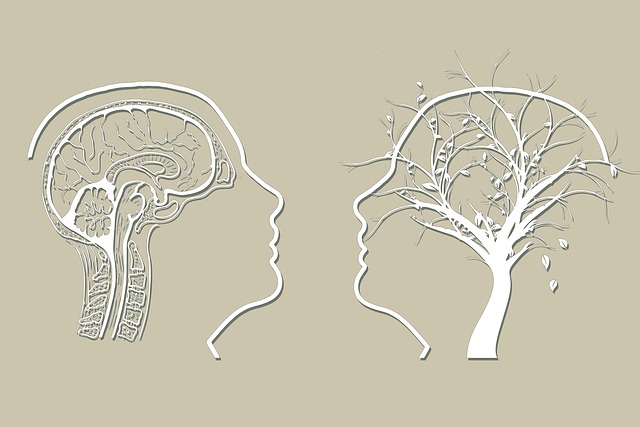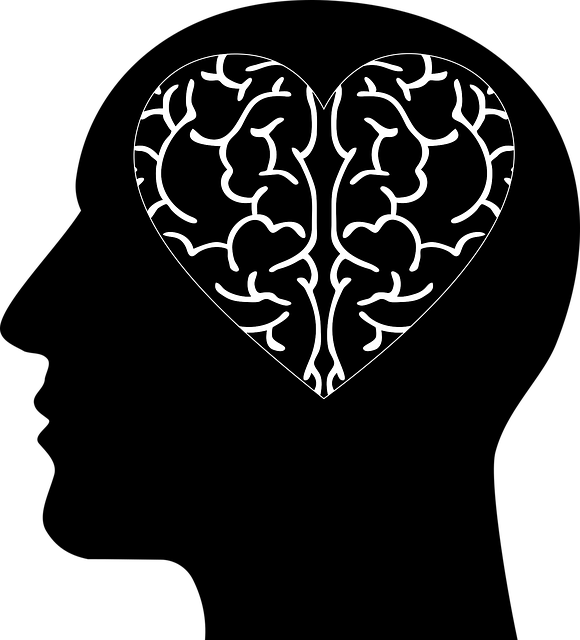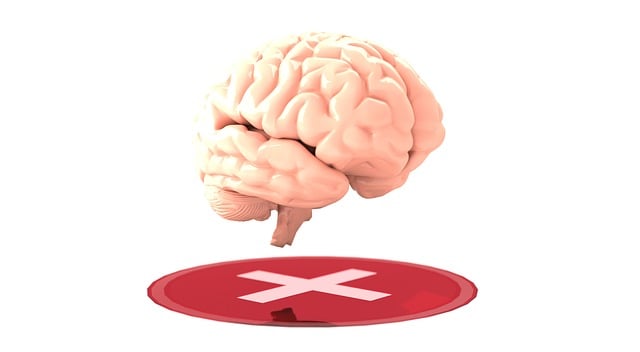Mental wellness group facilitation using Lafayette Cognitive Behavioral Therapy (L CBT) techniques creates safe spaces for connection, sharing, and learning. Facilitators steer open dialogue and emotional healing through structured sessions that foster resilience building, new perspectives, and effective coping strategies. L CBT, an evidence-based approach to address anxiety, depression, and stress, combines talk therapy with practical coping strategies to empower individuals' emotional well-being. Effective group sessions balance communication techniques with clear ground rules, trust-building, active listening, mindfulness exercises, and community outreach, ensuring everyone's safety and fostering collective healing. Dialogue rooted in L CBT principles enables members to share experiences, gain fresh perspectives, and build mental resilience through open conversations.
Mental wellness group facilitation plays a pivotal role in fostering healing and support among individuals grappling with various challenges. This article delves into the art of facilitating mental health groups, focusing on Lafayette Cognitive Behavioral Therapy (L CBT) techniques. We explore effective strategies for conducting group sessions, from understanding fundamental L CBT principles to promoting dialogue that drives healing. By the end, readers will grasp powerful tools to create safe, supportive environments where individuals can navigate their mental wellness journeys together.
- Understanding Mental Wellness Group Facilitation
- Lafayette Cognitive Behavioral Therapy (L CBT) Basics
- Effective Techniques for Group Sessions
- Promoting Healing and Support Through Dialogue
Understanding Mental Wellness Group Facilitation

Mental wellness group facilitation is a specialized skill that goes beyond simple conversation and support. It involves creating a safe, supportive space where individuals can connect, share experiences, and learn from one another. Facilitators play a crucial role in guiding these groups, fostering open dialogue, and promoting emotional healing processes. By using techniques rooted in Lafayette Cognitive Behavioral Therapy (CBT), facilitators help members develop coping skills and enhance self-care practices.
This approach is particularly beneficial as it offers a group dynamic that can amplify individual progress. Through shared experiences, members gain new perspectives, build resilience, and learn effective strategies for managing mental health challenges. The group environment facilitates social connection, which is essential for emotional well-being, while the structured framework of CBT ensures that each session contributes to meaningful personal growth and coping skills development.
Lafayette Cognitive Behavioral Therapy (L CBT) Basics

Lafayette Cognitive Behavioral Therapy (L CBT) is a structured approach that focuses on identifying and changing negative thought patterns and behaviors. It’s an evidence-based method designed to help individuals manage their mental health effectively. L CBT encourages clients to challenge and reframe distorted thinking, fostering a more positive and adaptive mindset. By combining talk therapy with practical coping strategies, this technique empowers people to take control of their emotional well-being.
This therapeutic approach is particularly beneficial for those dealing with various mental health concerns, such as anxiety, depression, and stress. Through L CBT, facilitators guide participants in understanding the connection between thoughts, feelings, and behaviors, enabling them to develop healthier self-care routines (Self-Care Routine Development for Better Mental Health). Moreover, it can play a significant role in policy analysis and advocacy by promoting mental health awareness, as it equips individuals with tools to advocate for their well-being (Mental Health Policy Analysis and Advocacy). By enhancing confidence and self-efficacy, Lafayette Cognitive Behavioral Therapy paves the way for long-lasting positive changes.
Effective Techniques for Group Sessions

Effective group sessions require a thoughtful blend of techniques to foster open communication and support mental wellness. Facilitators should begin by establishing clear ground rules, ensuring every participant feels safe and respected. This climate of trust is crucial for encouraging honest sharing and vulnerability, key aspects of therapeutic processes like Lafayette Cognitive Behavioral Therapy (LCBT).
Throughout the session, active listening becomes a powerful tool to validate each individual’s experience. Incorporating exercises that promote mindfulness and stress reduction methods can significantly enhance group dynamics. For instance, guided meditations or simple breathing exercises can calm participants and create a sense of unity. Additionally, community outreach program implementation can broaden perspectives, offering diverse insights into managing mental health challenges. Regular risk assessments for mental health professionals are essential to anticipate and address any potential issues, ensuring the safety and well-being of everyone involved.
Promoting Healing and Support Through Dialogue

In facilitating mental wellness groups, one of the most powerful tools at a therapist’s disposal is dialogue. Encouraging open and honest conversations among group members creates a safe, supportive environment where individuals can share their experiences, challenges, and insights. This approach, deeply rooted in Lafayette Cognitive Behavioral Therapy (CBT) principles, allows for collective healing and growth. By fostering a sense of community, participants learn from one another, gaining fresh perspectives that support their personal mental wellness journeys.
Furthermore, structured dialogue within the group can effectively address issues like burnout prevention, a common concern among many. Through thoughtful discussions led by a trained therapist, members acquire conflict resolution techniques tailored to navigate interpersonal challenges and promote healthy interactions. This aspect, integral to the production of a successful Mental Wellness Podcast Series, empowers individuals to manage stress, improve communication, and enhance overall mental resilience.
Mental wellness group facilitation is a powerful tool that fosters healing, support, and growth. By integrating techniques from Lafayette Cognitive Behavioral Therapy (L CBT), facilitators can create a safe and nurturing environment for individuals to navigate their mental health journeys together. Through effective dialogue and engaging activities, these groups promote understanding, empathy, and resilience, ultimately enhancing the well-being of all participants.


